Brussels calls for caution after Portugal proposed a 10 billion euro plan in response to US tariffs

The European Commission today called for “caution in the budgetary response” of European Union (EU) countries to the tariffs announced by the United States, after Portugal announced a package of measures worth 10 billion euros for exporting companies.
“From the European Commission’s side, our first assessment is that we need to be a little cautious in our budgetary response. We had the covid-19 pandemic, we had an energy crisis related to Russia’s aggression in Ukraine, we are facing serious security challenges, and we have a high deficit and debt,” said the European Commissioner for Economy, Valdis Dombrovskis.
At a press conference after the first day of the informal meeting of EU finance ministers marked by trade tensions from the new U.S. protectionist policies, in Warsaw under the Polish presidency of the Council, Valdis Dombrovskis emphasized: “We need to keep these budgetary sustainability considerations in mind.”
The European Commissioner was responding to a question about whether the community executive planned to advance support for the most affected sectors of the EU, ease the tight rules for state aid, or take other measures, after countries like Portugal and Spain had already presented responses.
On Thursday, the Government announced a package of measures with a volume exceeding 10 billion euros for rapid support to exporting companies, which includes lines of credit, credit insurance, and the expansion of support for internationalization.
Today, the Minister of Finance, Joaquim Miranda Sarmento, pointed out that this package to support Portuguese exporting companies – with loans, insurance lines, and European funds – in light of the tariffs announced by the United States will be in effect within a few weeks, after “dialogue with the European Commission.”
The program will cover exporting companies based in Portugal.
Valdis Dombrovskis did not specifically refer to the Portuguese package but indicated that the community executive is currently “focusing on macroeconomics, the impact of tariffs on current growth, the impact of inflation, and the volatility of financial markets.”
“We did not have in-depth discussions about specific sectors, although some of the support measures from member states that were announced were mentioned” at the Ecofin meeting, he added.
The eurozone finance ministers discussed today the economic impact of the new U.S. customs tariffs, in a context of relief following the U.S. announcement of a temporary suspension, a pause also adopted by the community bloc.
Calculations published today by the European Commission indicate that the new U.S. customs duties imply losses of 0.8% to 1.4% in Gross Domestic Product (GDP) by 2027, with this percentage being 0.2% of GDP in the case of the EU.
In the worst-case scenario, that is, if the customs duties are permanent or if there are other countermeasures, the economic consequences will be more negative, up to 3.1% to 3.3% for the United States and 0.5% to 0.6% for the EU.
Globally, the community executive estimates a loss of 1.2% in world GDP and a decline of 7.7% in world trade over three years.
Still today, in statements to Lusa, the European Commissioner for the Union of Savings and Investments, Maria Luís Albuquerque, emphasized that this initiative “makes Europe more capable of resisting external shocks and market turbulence while contributing to innovation and economic growth,” while “creating the conditions for increasing the profitability of citizens’ savings in Europe.”
What's Your Reaction?
 Like
0
Like
0
 Dislike
0
Dislike
0
 Love
0
Love
0
 Funny
0
Funny
0
 Angry
0
Angry
0
 Sad
0
Sad
0
 Wow
0
Wow
0






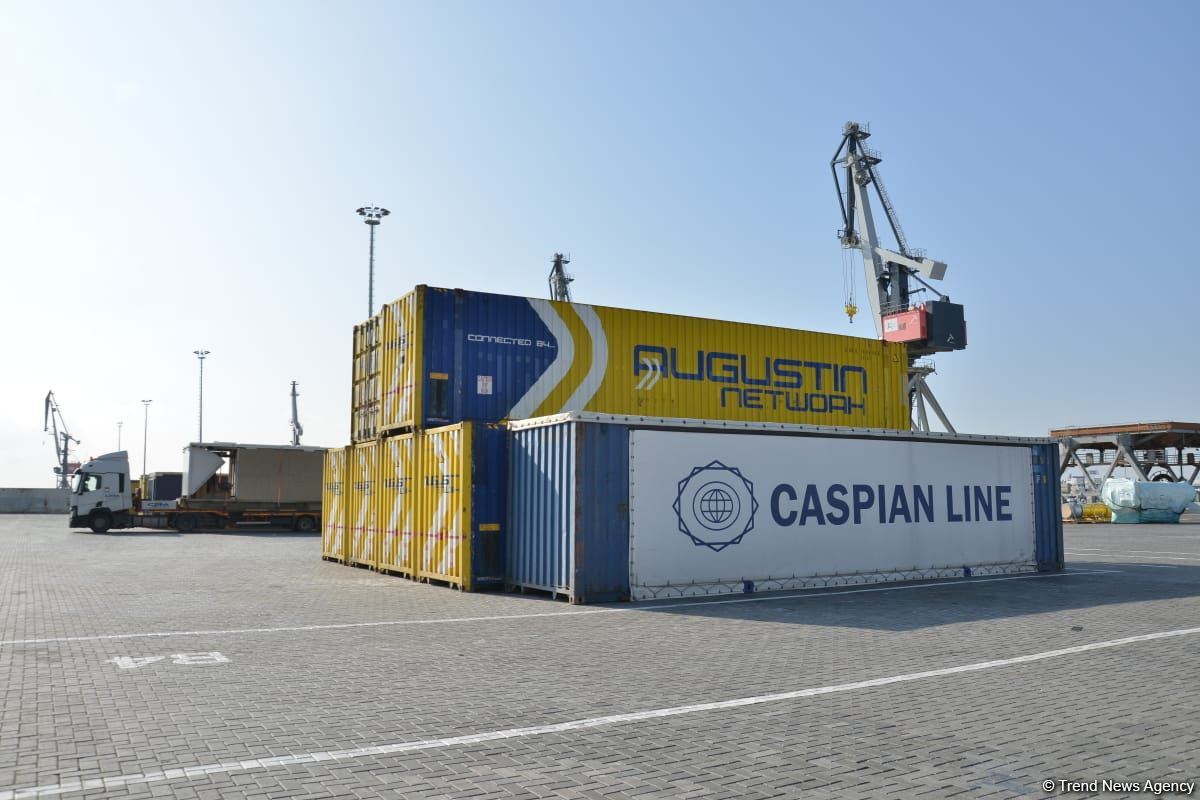
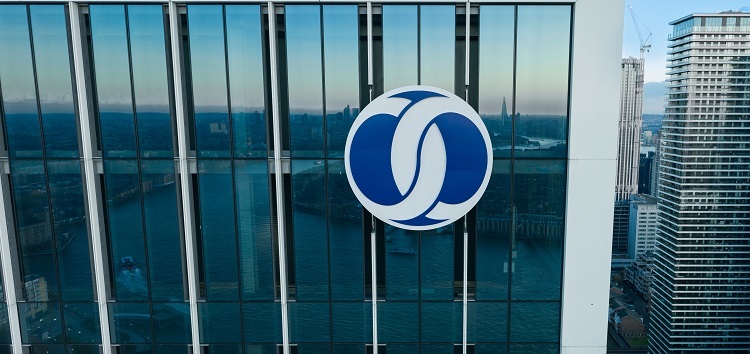
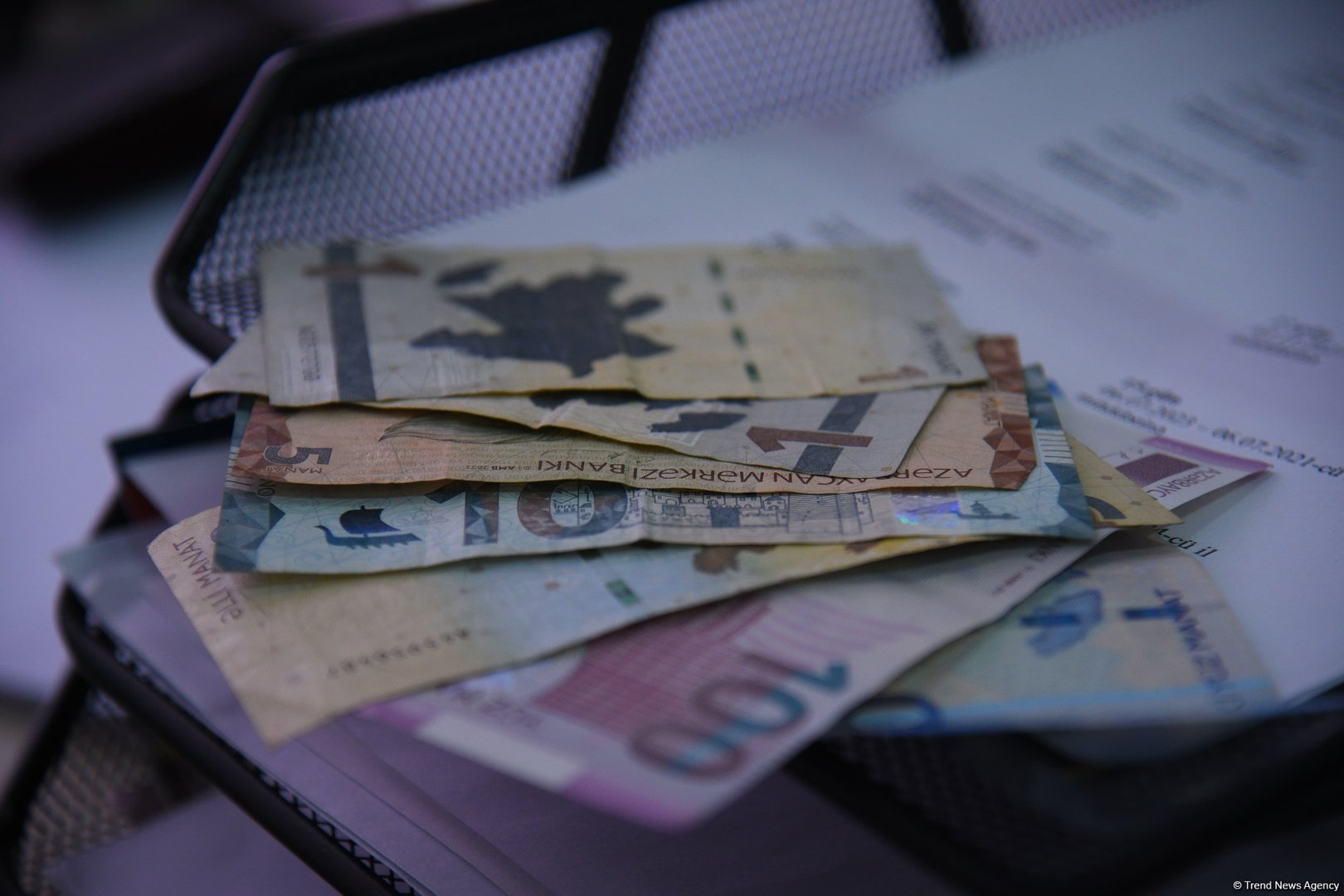





















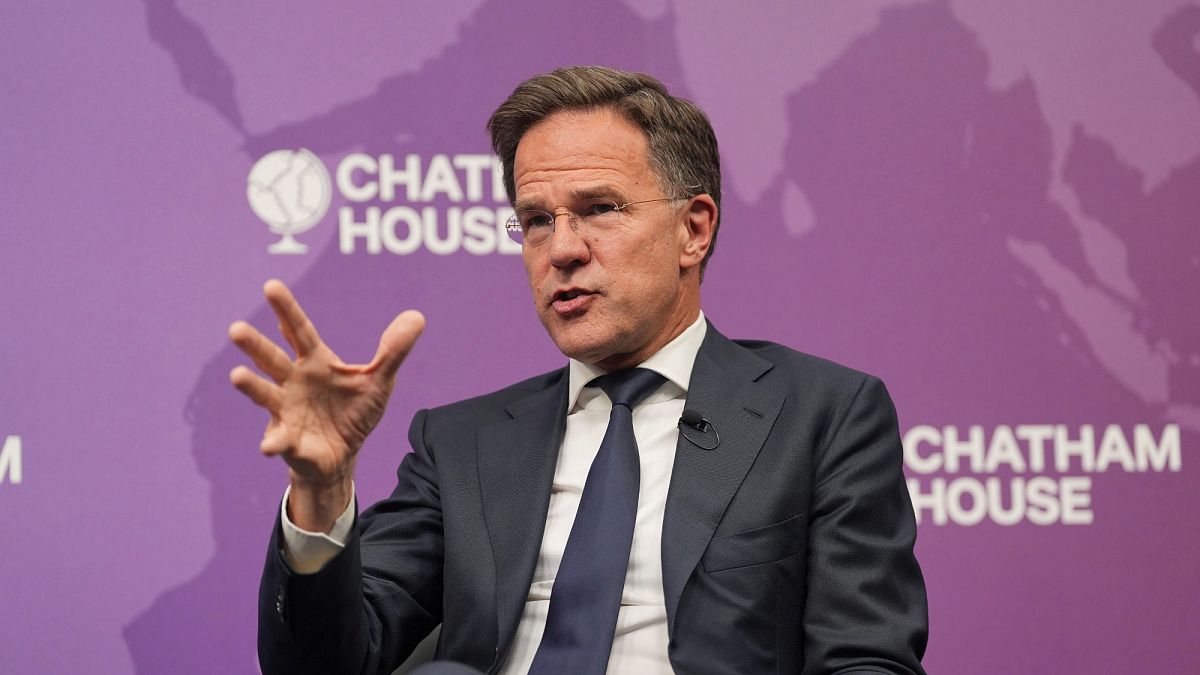






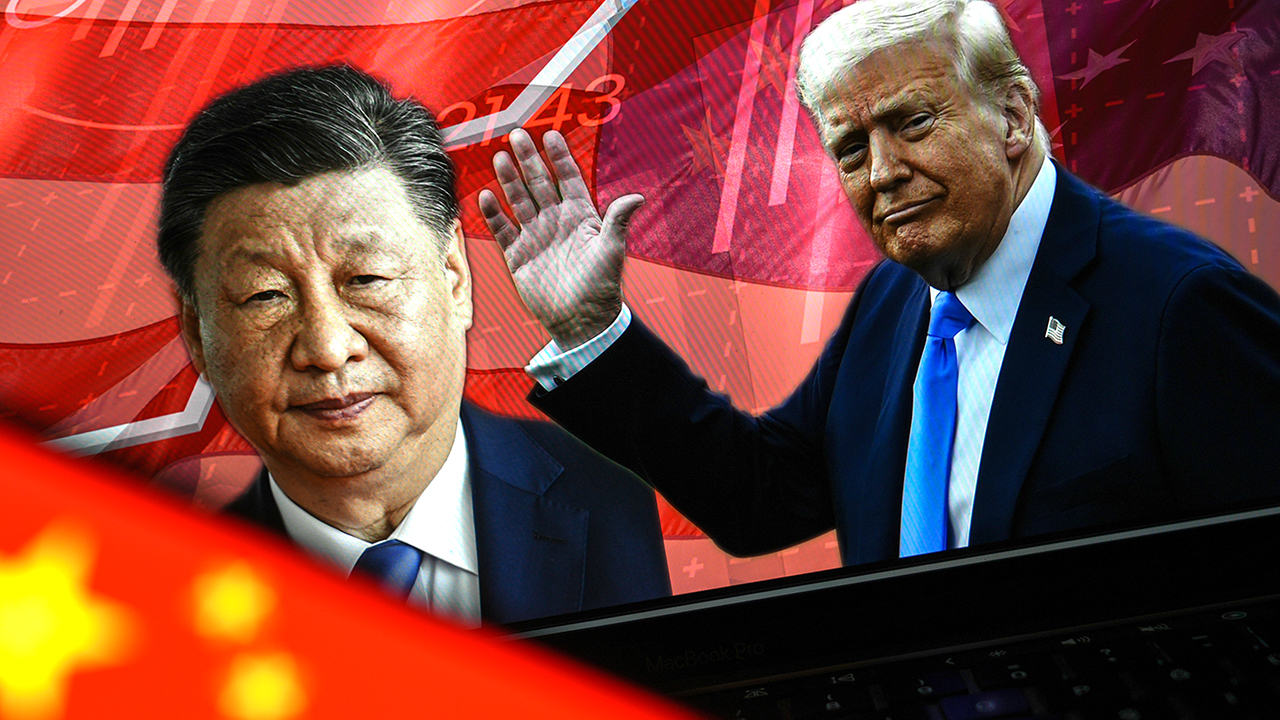








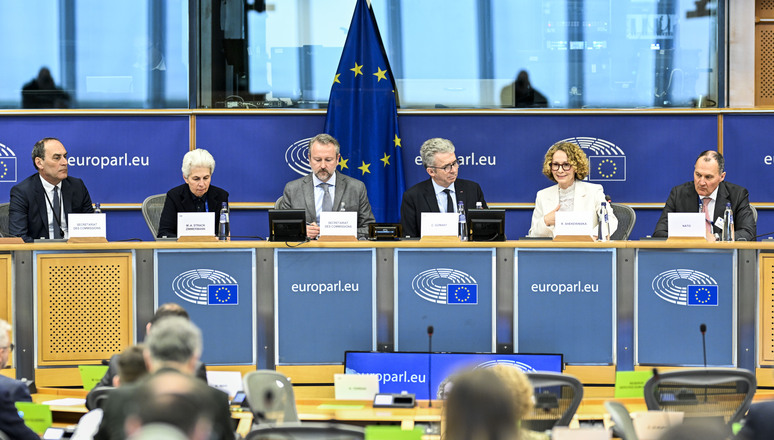

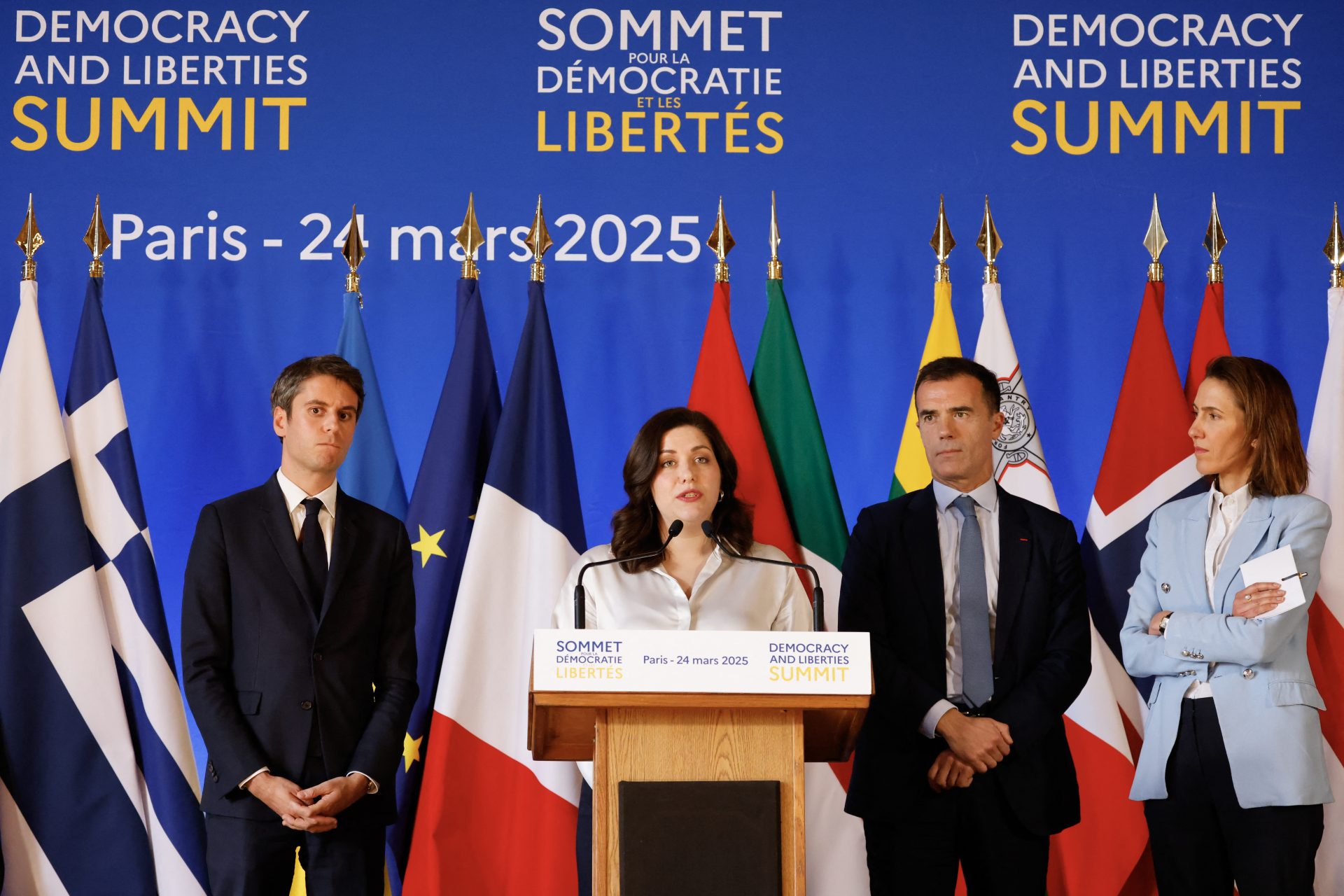
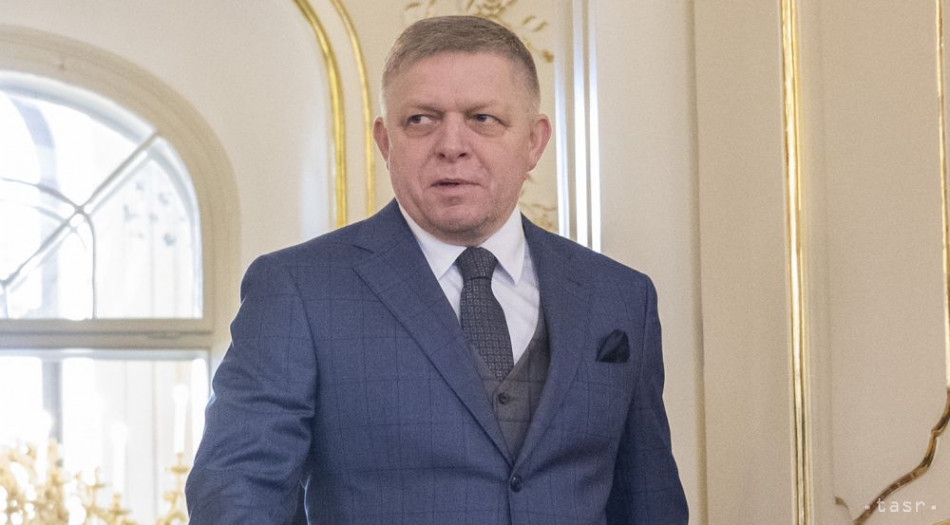


.png?Expires=1838763821&Key-Pair-Id=K2ZIVPTIP2VGHC&Signature=IO0~CT3pU-TcxGc~yoZSmoQx23MZVuK-~4jSii~NKEblRmyO3el7NXPu~Rh1o23voASg7hlcHLw4kvQuDK1jssEhcjoNBBvEpZ~GGOAU6yosBhpHpeF179F~h7i6VxmsBNh9gtTutkoqY73O2YCFey~IAqSzKbBqETP1kP9cAg1916Z1YkJJs-5MliMrkZ5d7-mWGLbpHp2wGj2VlMph8XzYlL4~y1O7fB~JdIS~Rs4RMRs2x0WT1qUIpHAsf3GdwtOyAmKFSpIg8xCyNGZZ5h~13nXlmpd7uPvW8tBfttpG9pFTqcway-uch5WyfHOEfi7UlJCOWrr6fCYY5PMgSg__)







